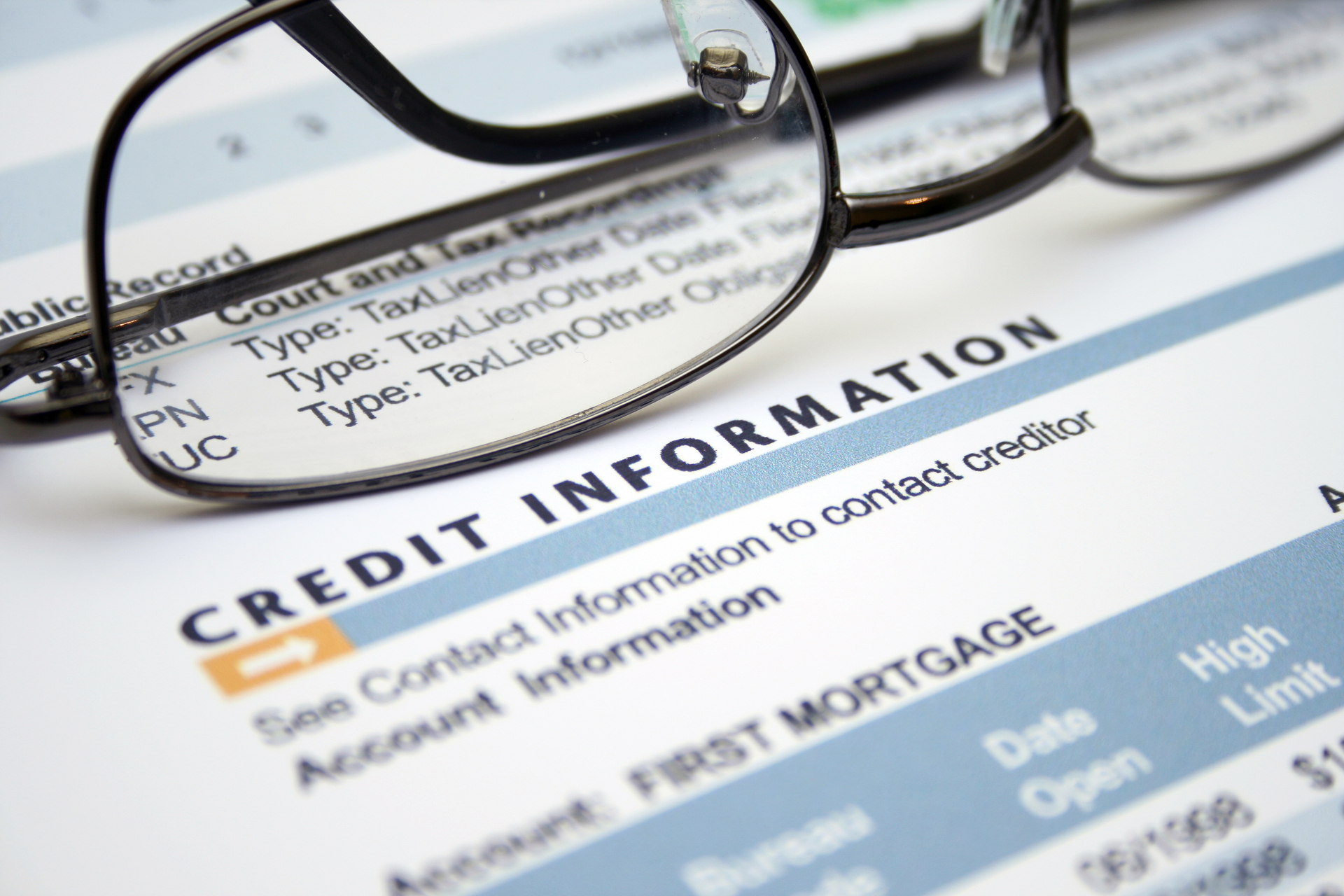Buying a home is an exciting journey, but it also involves navigating several steps to ensure you’re financially ready for such a significant investment. One of the key aspects of this process is the credit checks conducted by lenders. Understanding how many credit checks happen before closing on a home can help you prepare and ensure a smooth experience. This article delves into the details of credit checks during the home-buying process, with insights provided by GayRealEstate.com, a trusted resource for LGBTQ+ individuals seeking inclusive real estate services.
Credit Checks: The Basics
Lenders use credit checks to evaluate your financial stability and determine your eligibility for a mortgage. These checks help them assess your creditworthiness, debt-to-income ratio, and overall financial health. The credit checks conducted during the mortgage process are typically categorized into two main stages: pre-approval and final approval.
Pre-Approval Stage
The first credit check usually occurs when you apply for mortgage pre-approval. This is a crucial step in the home-buying process, as it gives you an idea of how much you can borrow and shows sellers that you are a serious buyer.
- Hard Inquiry: The lender performs a hard inquiry on your credit report during pre-approval. This inquiry might slightly lower your credit score, but the impact is generally minimal and temporary.
- Importance: Pre-approval provides a solid foundation for your home search by narrowing down your budget and increasing your credibility with sellers.
Final Approval Stage
After you’ve made an offer on a home and it’s been accepted, your lender will conduct another credit check before closing. This ensures that your financial situation hasn’t significantly changed since the pre-approval stage.
- Soft Inquiry: In many cases, lenders perform a soft inquiry to confirm that your financial profile remains consistent. Soft inquiries do not affect your credit score.
- Potential Hard Inquiry: Some lenders may conduct another hard inquiry if they need to reassess your creditworthiness due to changes in your financial situation or market conditions.
What Lenders Look For
During these credit checks, lenders focus on:
- Debt Levels: Any new debts or significant changes in existing debts can raise red flags.
- Credit Score: Maintaining or improving your credit score between pre-approval and closing is crucial.
- Financial Stability: Lenders want to ensure that you haven’t made large purchases or taken on new loans that could affect your ability to pay the mortgage.
Tips for Managing Your Credit During the Home-Buying Process
To avoid surprises and ensure a smooth closing process, follow these tips:
- Avoid New Debt: Refrain from opening new credit accounts or making large purchases until after closing.
- Pay Bills on Time: Continue making timely payments on all your existing accounts.
- Monitor Your Credit: Regularly check your credit report for errors or suspicious activity.
- Communicate with Your Lender: Inform your lender of any significant financial changes during the process.
Why Multiple Credit Checks Won’t Hurt You
One common concern among buyers is whether multiple credit checks will harm their credit score. The good news is that credit scoring models like FICO and VantageScore recognize that multiple inquiries for the same purpose (e.g., mortgage shopping) within a short period are treated as a single inquiry. This allows you to shop for the best rates without significantly impacting your credit score.
Understanding the role of credit checks in the home-buying process can help you prepare and avoid potential pitfalls. From pre-approval to final approval, these checks ensure that you are financially ready to take on the responsibility of homeownership. By maintaining financial stability and working with knowledgeable professionals like those at GayRealEstate.com, you can confidently navigate the journey to your dream home. Stay informed, stay prepared, and enjoy the exciting milestone of becoming a homeowner.



